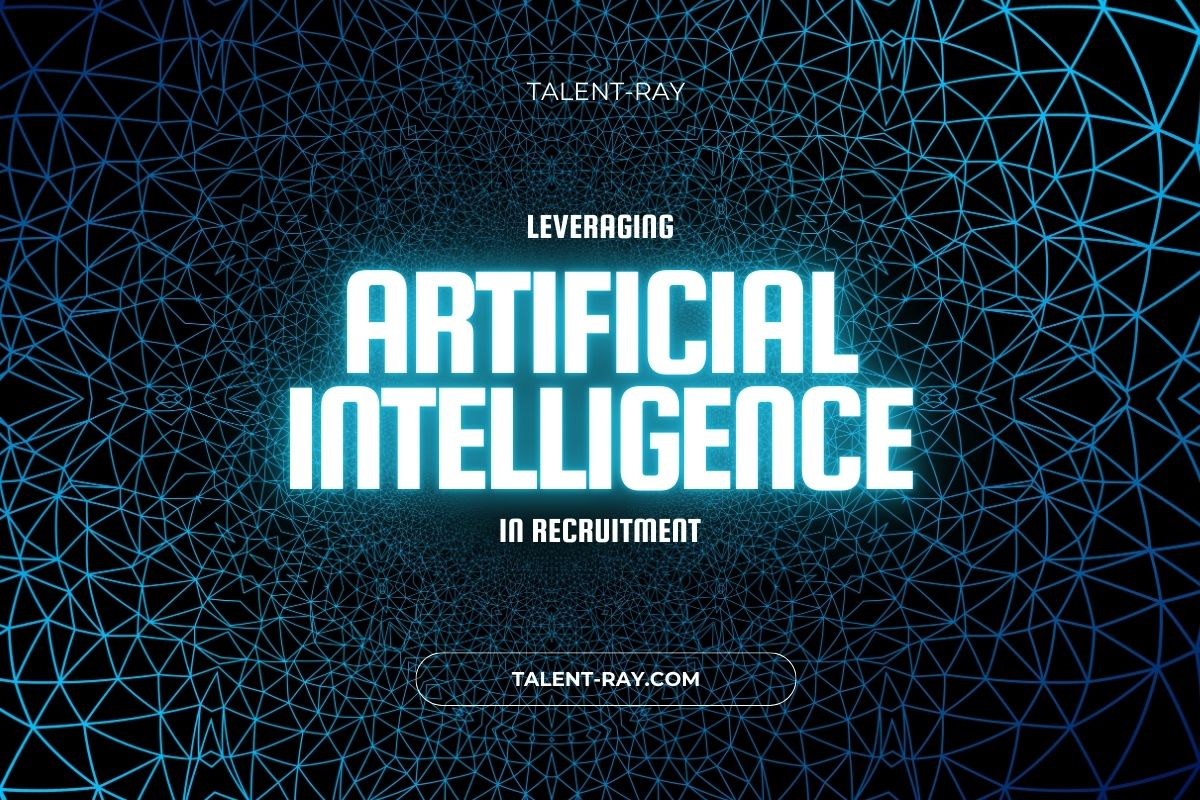Artificial intelligence (AI) is rapidly transforming the recruitment landscape. From sourcing candidates to scheduling interviews, leveraging AI in recruitment is helping companies streamline hiring processes, improve candidate experiences, and make data-driven decisions. However, with great power comes great responsibility. As organizations adopt AI recruitment tools, ethical implementation becomes not just important—but essential.
In this post, we’ll explore how AI is reshaping hiring and share best practices for ethical AI recruitment that ensures fairness, transparency, and compliance.
Recruiters today are under pressure to find top talent faster and more efficiently. Traditional recruitment methods—manual resume screening, phone interviews, and endless back-and-forth scheduling—are time-consuming and often biased.
That’s where artificial intelligence in hiring steps in.
AI-powered recruitment tools use machine learning and natural language processing (NLP) to automate repetitive tasks and extract insights from large volumes of applicant data. Here’s how:
- Chatbots: Virtual assistants answer candidate questions, schedule interviews, and guide applicants through the process.
When used effectively, AI recruitment tools offer several advantages:
While the benefits are compelling, AI in recruitment isn’t without its pitfalls. Bias can be baked into algorithms. Automation can lead to depersonalization. That’s why ethical recruitment practices must be a priority.
1. Ensure Transparency
Candidates should be informed when AI is being used in the hiring process. Transparency builds trust and allows applicants to understand how decisions are made.
2. Audit for Bias
Regularly test AI systems for discriminatory outcomes. Data used to train algorithms should be diverse, inclusive, and free from historical bias.
3. Human Oversight
AI should assist—not replace—human judgment. Recruiters must stay involved in critical decision-making to maintain empathy and fairness.
4. Protect Candidate Data
AI systems collect sensitive information. Ensure your tools comply with data privacy laws like GDPR and use encryption and secure storage.
Here are a few best practices to follow when integrating AI into your hiring strategy:
- Choose Reputable AI Vendors: Look for providers with built-in compliance features and bias mitigation tools.
- Start Small: Begin with pilot programs (e.g., resume screening) and expand based on performance and feedback.
- Train Your Team: Equip HR professionals with the knowledge to understand and oversee AI systems.
- Combine AI with Human Touch: Use AI to handle the heavy lifting, but let people manage relationships and culture fit.
The future of hiring is here—and it’s intelligent. Leveraging AI in recruitment can revolutionize your hiring process by increasing efficiency, reducing bias, and improving decision-making. But as with any powerful tool, ethical implementation is key. By adopting ethical AI recruitment practices, organizations can build a smarter, fairer, and more inclusive future of work.
Ready to embrace the power of AI in hiring? Do it with strategy, transparency, and integrity.
In this post, we’ll explore how AI is reshaping hiring and share best practices for ethical AI recruitment that ensures fairness, transparency, and compliance.
The Rise of AI in Talent Acquisition
Recruiters today are under pressure to find top talent faster and more efficiently. Traditional recruitment methods—manual resume screening, phone interviews, and endless back-and-forth scheduling—are time-consuming and often biased.
That’s where artificial intelligence in hiring steps in.
AI-powered recruitment tools use machine learning and natural language processing (NLP) to automate repetitive tasks and extract insights from large volumes of applicant data. Here’s how:
- Resume Screening: AI algorithms quickly scan resumes to match qualifications, skills, and experience with job descriptions.
- Chatbots: Virtual assistants answer candidate questions, schedule interviews, and guide applicants through the process.
- Predictive Analytics: AI assesses a candidate’s likelihood of success or retention based on historical data.
- Job Matching: Intelligent systems recommend roles to candidates based on their profile and preferences.
Benefits of Leveraging AI in Recruitment
When used effectively, AI recruitment tools offer several advantages:
- Speed and Efficiency: Automating screening and scheduling reduces time-to-hire.
- Enhanced Candidate Experience: AI-powered platforms ensure faster responses and personalized communication.
- Reduced Bias: AI can help mitigate human bias—if trained correctly.
- Data-Driven Decisions: Recruiters can analyze patterns and performance metrics to improve hiring strategies.
Ethical Considerations in AI-Driven Hiring
While the benefits are compelling, AI in recruitment isn’t without its pitfalls. Bias can be baked into algorithms. Automation can lead to depersonalization. That’s why ethical recruitment practices must be a priority.
1. Ensure Transparency
Candidates should be informed when AI is being used in the hiring process. Transparency builds trust and allows applicants to understand how decisions are made.
2. Audit for Bias
Regularly test AI systems for discriminatory outcomes. Data used to train algorithms should be diverse, inclusive, and free from historical bias.
3. Human Oversight
AI should assist—not replace—human judgment. Recruiters must stay involved in critical decision-making to maintain empathy and fairness.
4. Protect Candidate Data
AI systems collect sensitive information. Ensure your tools comply with data privacy laws like GDPR and use encryption and secure storage.
How to Implement AI in Recruitment Ethically
Here are a few best practices to follow when integrating AI into your hiring strategy:
- Choose Reputable AI Vendors: Look for providers with built-in compliance features and bias mitigation tools.
- Start Small: Begin with pilot programs (e.g., resume screening) and expand based on performance and feedback.
- Train Your Team: Equip HR professionals with the knowledge to understand and oversee AI systems.
- Combine AI with Human Touch: Use AI to handle the heavy lifting, but let people manage relationships and culture fit.
Final Thoughts
The future of hiring is here—and it’s intelligent. Leveraging AI in recruitment can revolutionize your hiring process by increasing efficiency, reducing bias, and improving decision-making. But as with any powerful tool, ethical implementation is key. By adopting ethical AI recruitment practices, organizations can build a smarter, fairer, and more inclusive future of work.
Ready to embrace the power of AI in hiring? Do it with strategy, transparency, and integrity.
